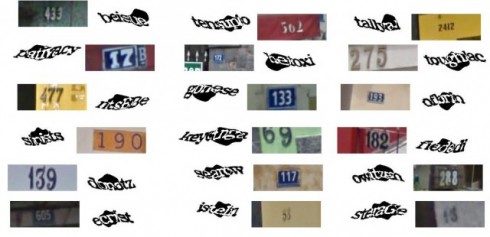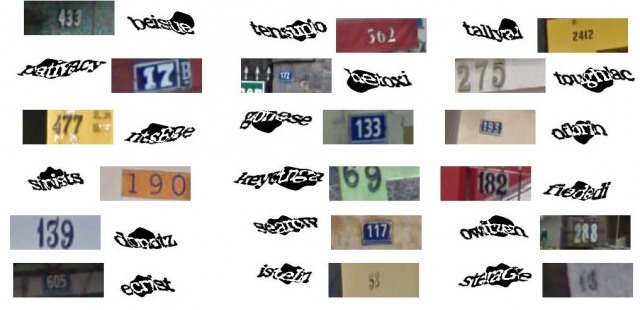While flying down to Denver for DrupalCon, I finally caught up on some of the videos in my queue optimistically labeled “watch later.” I put videos (or sometimes podcasts) there when they seem compelling but are too long for the commute or for sitting at the laptop watching.
Often these are from the Berkman Video Fishbowl or other Boston area events that I wasn’t able to attend in person. (As I’ve written before, Boston is an embarrassment of riches from the point of view of interesting events). The video below isn’t from the fishbowl, but is from iLaw 2011. In it, Jonathan Zittrain gives an updated version of a talk he’s given multiple times (Google turns up many videos from the last 2 years) called “Minds for Sale,” in which he examines “the consequences of crowdsourcing, economically, legally and socially.”
It’s a fascinating talk, though it may start out a bit slow if you’re already familiar with the basic terrain of crowdsourced labor online, Amazon’s Mechanical Turk, and the like. When he starts to get into the notion of crowdsourcing the identification of protesters in photos, though, it starts getting really provocative as it pushes on our tendency to call for a hands-off when it comes to ‘net regulation.
I was reminded of it again when I saw today that Google is using ReCaptcha (a crowdsourced, labor-for-free, decomposed into small parts so no one knows the whole task model similar to those Zittrain describes) to improve recognition of street addresses in street view (techcrunch).

How far off is this from using Recaptcha (or similar technologies) to decode the license plate of cars parked at an Animal Rights conference as seen from afar? Or, for that matter, at an HIV treatment facility?
